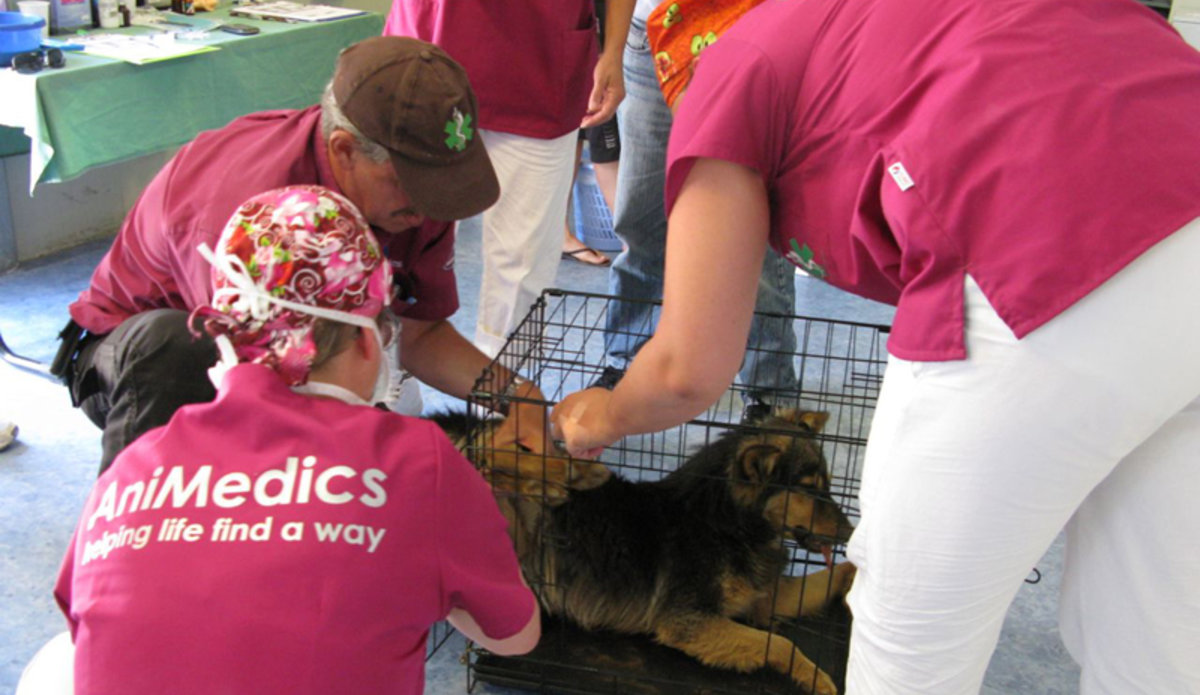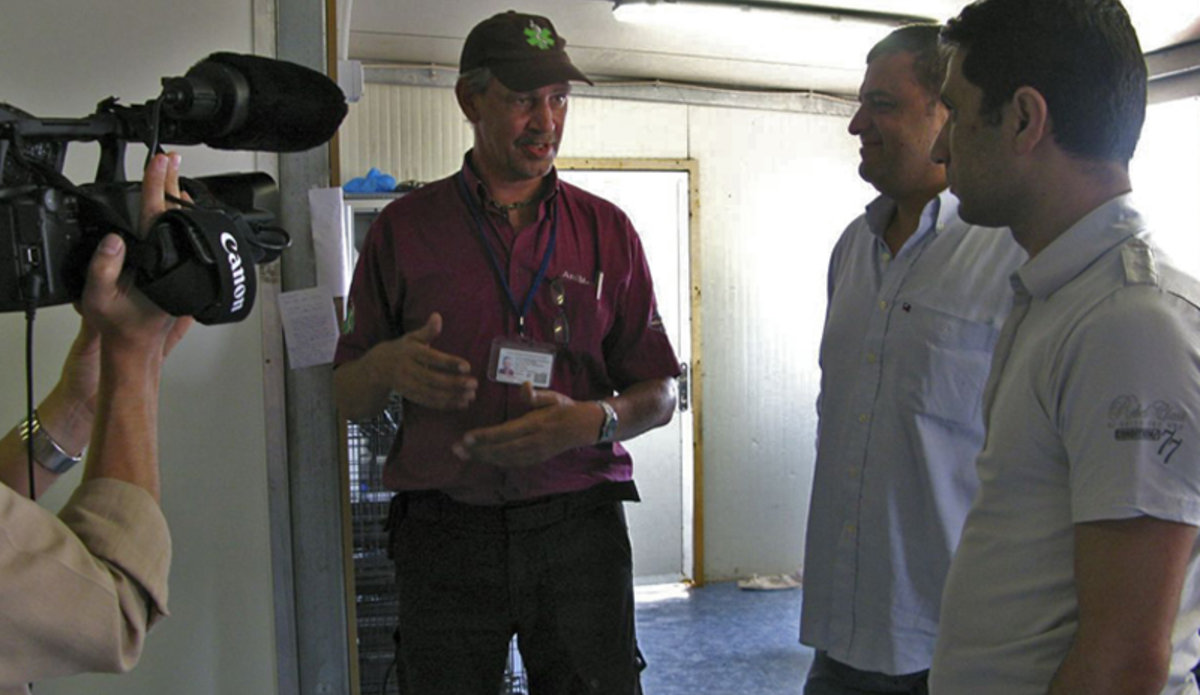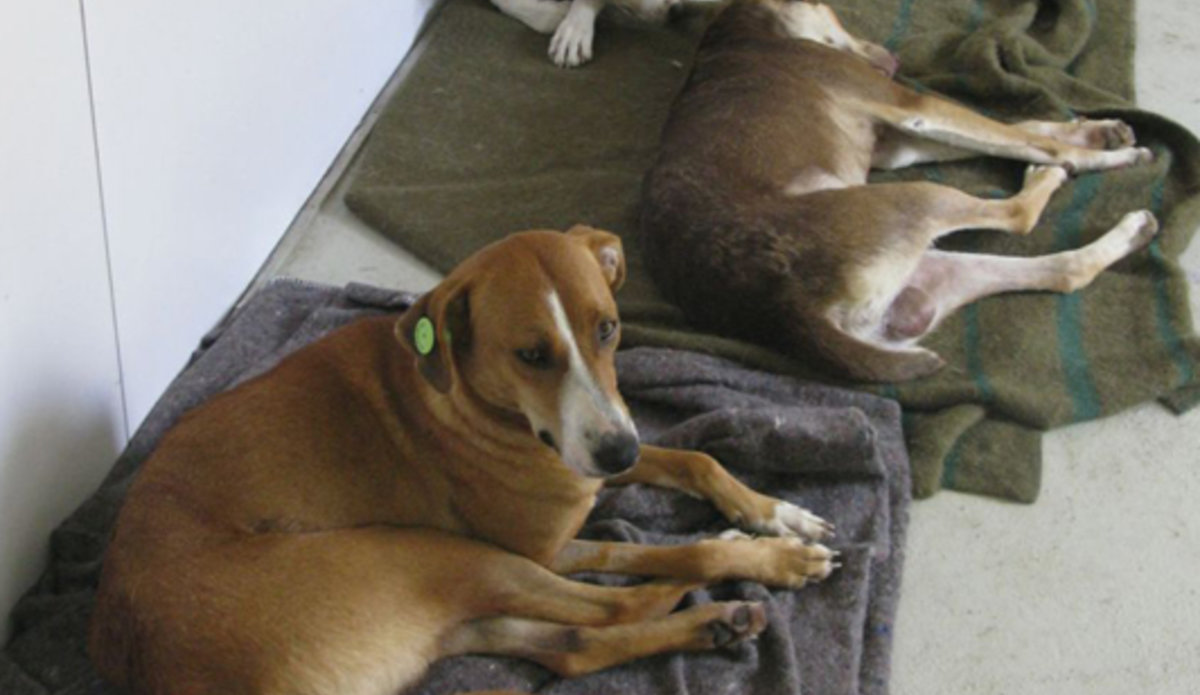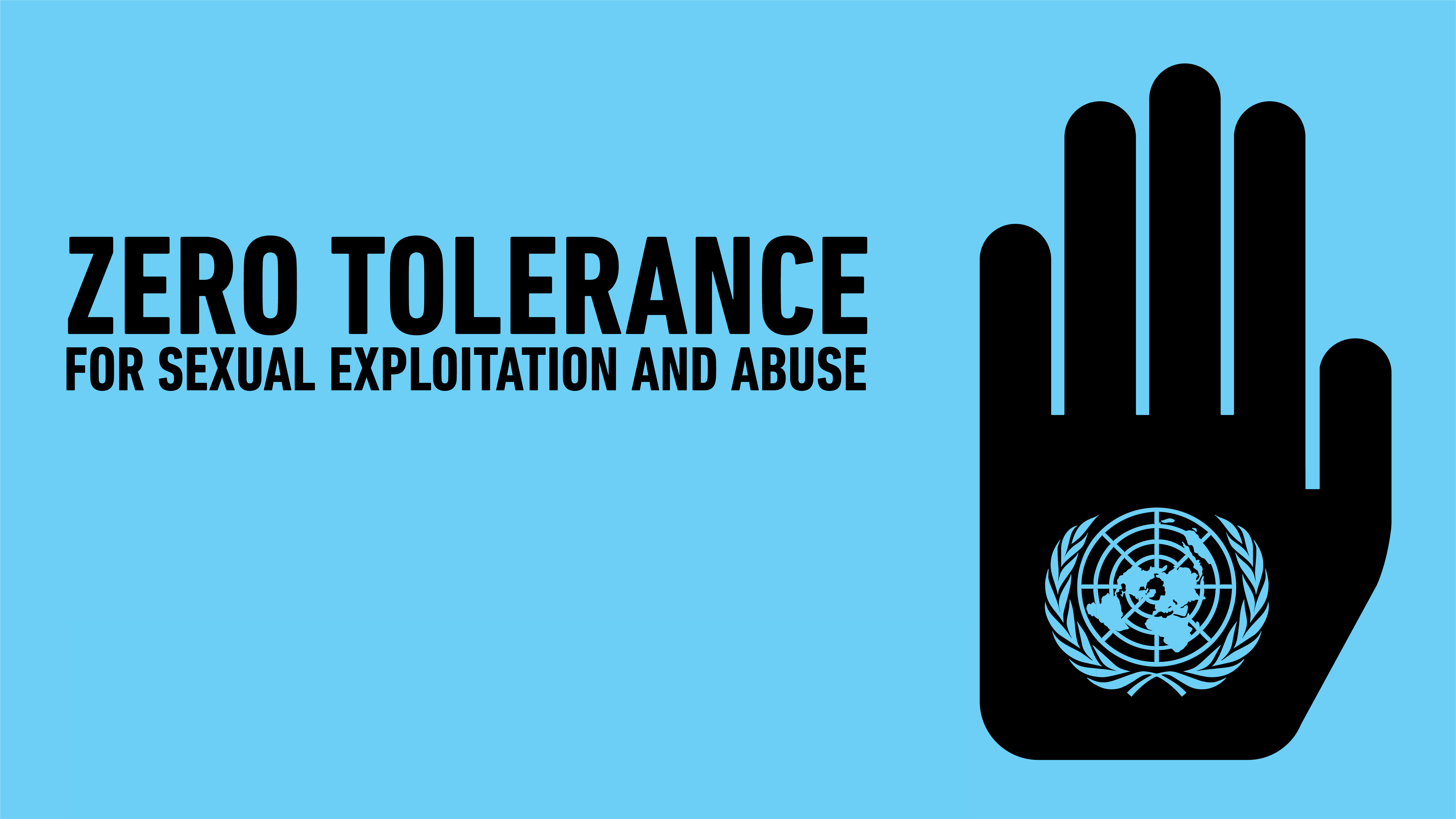TNR – Humane population control
Who has not encountered a tiny cute kitten or a dog, wandering all alone, be it in a UNIFIL camp or outside on the road, in the south or elsewhere? It is a long standing fact: “There are too many stray cats and dogs,” says Dutch Veterinarian Dr. Muriel Paauwe.
“They reproduce constantly and they cause a lot of disturbance for the people who work here and they disturb the ecological system. The only way we can stop them is by neutering them, so we make sure they cannot reproduce anymore. That’s a good way to stop the growth of their population so the ecosystem can find its own way back again,” Dr. Paauwe explained.
Accordingly, UNIFIL has solicited the help of Animedics, a “Dutch welfare organization that provides animal welfare services, including what is known as TNR or ‘Trap-Neuter-Release’,” as put by the head and founder of Animedics, Ben van Hoogen.
“TNR is the best form to control stray animal population; we trap stray animals, we neuter them, give them vaccination, if needed, and we release them in the same spot where we captured them,” Ben added.
In fact, “the project is about humanely controlling stray animal populations in UNIFIL compounds in order to sustainably reduce the numbers in a humane way; not to dump or poison them anymore, but just by birth control and vaccination, for the benefit of both people and animals,” explained Doris Schwalm, UNIFIL Focal Point for Animals and coordinator of the project.
“We have an estimated number of around 700 animals living in over 60 UNIFIL positions inside the Area of Operation,” Doris pointed out. A successful example in other UN peacekeeping missions, including UNDOF and UNAMID, was behind the idea of adopting TNR, she added.
Behind the scenes, the project was made with the approval and under the auspices of the Ministry of Agriculture in Lebanon, particularly the Office of Veterinary Services, headed by Dr. Mohammad Soukarie, who paid a visit of coordination and deliberation to the team at the headquarters of UNIFIL.
“Frankly, Lebanon suffers greatly from stray dogs and cats. These animals are a source of epidemics because they carry all sorts of diseases as there is no one to take care of their health. Hence, they give rise to diseases among human beings. However, the ministry does not have the financial capability to be able to cover this matter, and this is why we greatly welcome this step taken by UNIFIL” Dr Soukarie said, while he voiced his hope that this step can be spread all over Lebanon so that the numbers of stray animals can be better controlled.
----------------------------------------------------------------
Article: Rania Harb
Video camera/editing: Ramin Francis Assadi
Photo: Eliana Escobedo Gonzales
----------------------------------------------------------------
 UN
UN United Nations Peacekeeping
United Nations Peacekeeping










